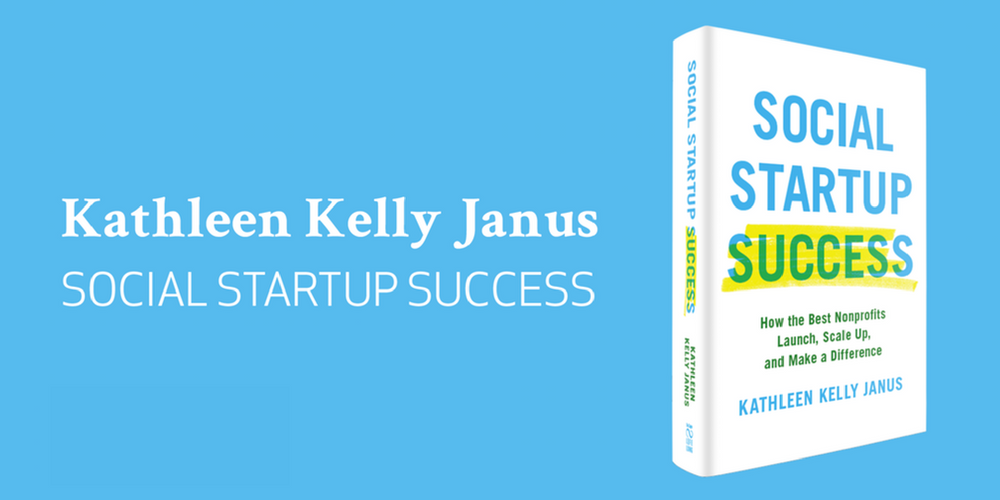By Caylin Haldeman
2019 is off to the races, everyone. How are you doing on your resolutions?
Me? Work in progress. I made the resolution to read more books on things I feel passionate about. I even created a reading list of books that will help me get smarter on topics like affordable housing, notions of “community” and “belonging” and (shocking) nonprofits.
But man, it can be hard to find the time! Josh and I talk all the time about how to stay on top of all of the great thinking coming out of the nonprofit sector – both locally and in other communities. We listen to podcasts (On Life and Meaning, BrandBuilders and the Charlotte Podcast have all featured great local nonprofits lately) and read online publications like SSIR, yet I have been watching as my “to read” stack of nonprofit literature grows taller and taller on my bookshelf.
In late January, hundreds of nonprofits gathered together at Project 658 for SHARE Charlotte’s 2019 Nonprofit Summit. It was a packed day, with two panels featuring local nonprofit, philanthropic and corporate leaders and a keynote address by Kathleen Kelly Janus, social entrepreneur and author of Social Startup Success: How the Best Nonprofits Launch, Scale Up and Make A Difference. Which just so happens to be one of those books in my stack…
I took that as a sign from the universe – “Get to reading, Caylin.”
So, I did. Here’s what I learned, organized by four ideas Kathleen presented during her keynote:
Nonprofits Must Invest in Themselves – This, I would argue, is the crux of the book – and just so happens to be one of Next Stage’s organizing philosophies, too. Too often, organizations are subject to the nonprofit starvation cycle, in which nonprofits underspend and underreport on overhead expenses due to unrealistic funder expectations.
In her book, Kathleen presents five core strategies for nonprofit success: testing ideas, measuring impact, funding experimentation, leading collaboratively and telling compelling stories. Each of these strategies requires deep investment – of time, resources and brand.
Nonprofits Must Harness the Passion of the Next Generation – According to Kathleen’s research, 55% of millennials say that they choose companies to work for because of their commitment to social good. Other research shows that 75% of millennials would even take a pay cut to work for a more socially responsible company. As Next Stage’s resident millennial, I feel like I can vouch for this: the next generation really cares about engaging in social good.
But we are also discerning in how we engage with nonprofits, in a way that diverges from the generations that have preceded us. While donors have zeroed in on evidence and efficiency in recent decades, the next generation has demonstrated an appetite for risk-taking, ambitious vision and bold story-telling. Nonprofits have to shift data collection and analysis, fundraising and communication strategies to meet these changing priorities, testing new strategies to harness the support of next-gen volunteers and donors.
Nonprofits Must Cultivate More Diversity, Equity and Inclusion – This is an unfortunate truth in the nonprofit sector: philanthropy often presents an inherent bias toward a nonprofit’s pedigree of leadership over an authentic representation of the community it serves. And due to the unique nature of the nonprofit structure, the sector tends to organically organize itself around philanthropic demand.
This means that the most successful nonprofits are typically the ones most aligned with this bias – organizations headed by well-connected, well-resourced and credentialed leaders. But in recent years, there has been increasing emphasis on the importance of cultivating diversity, equity and inclusion in the nonprofit sector both from nonprofits themselves and from funders. While this topic was a huge theme of Kathleen’s keynote address, I was disappointed to see that it does not play a central role in her recommendations related to cultivating collective leadership in Social Startup Success.
Donors Must Invest in Nonprofits – Nonprofit leaders have long championed efforts to reframe the way donors understand “overhead” and instead highlight capacity building – not program funding – as the key to unlocking more sustainable nonprofit business models. Frequently, donors will pair an investment with specific, restrictive expectations about its usage and impact. Kathleen calls this “donor entitlement,” and if you’ve spent any time working for a nonprofit, I bet you’ve run into it.
While the tides of donor attitude toward capacity building are slowly changing, many nonprofits develop alternative fundraising strategies to cover operating costs. As Josh explored in a recent article for his Breaking Good column in the Biscuit, Forget “Charity.” Think Like a Business, earned income is an underutilized method of revenue generation for many nonprofits. Kathleen leans into this notion, dedicating two chapters within the theme of funding experimentation to an exploration of how to build successful earned income strategies.
In sum, Social Startup Success was full of well-researched strategies for organizational strengthening, and was a great kick-off for my new monthly series on the Next Stage blog: #NonprofitBookClub. What should I read next?
P.S. I have to give a shout out to our friends at SHARE Charlotte for all that they do to champion local nonprofits – their leadership has done so much to strengthen our community’s supportive infrastructure through the encouragement of philanthropic giving, volunteer engagement and other forms of charitable involvement. Facilitating conversations about topics like the ones presented in Social Startup Success will make all of our work more effective. If your nonprofit has not yet joined their online platform, I encourage you to check it out.
